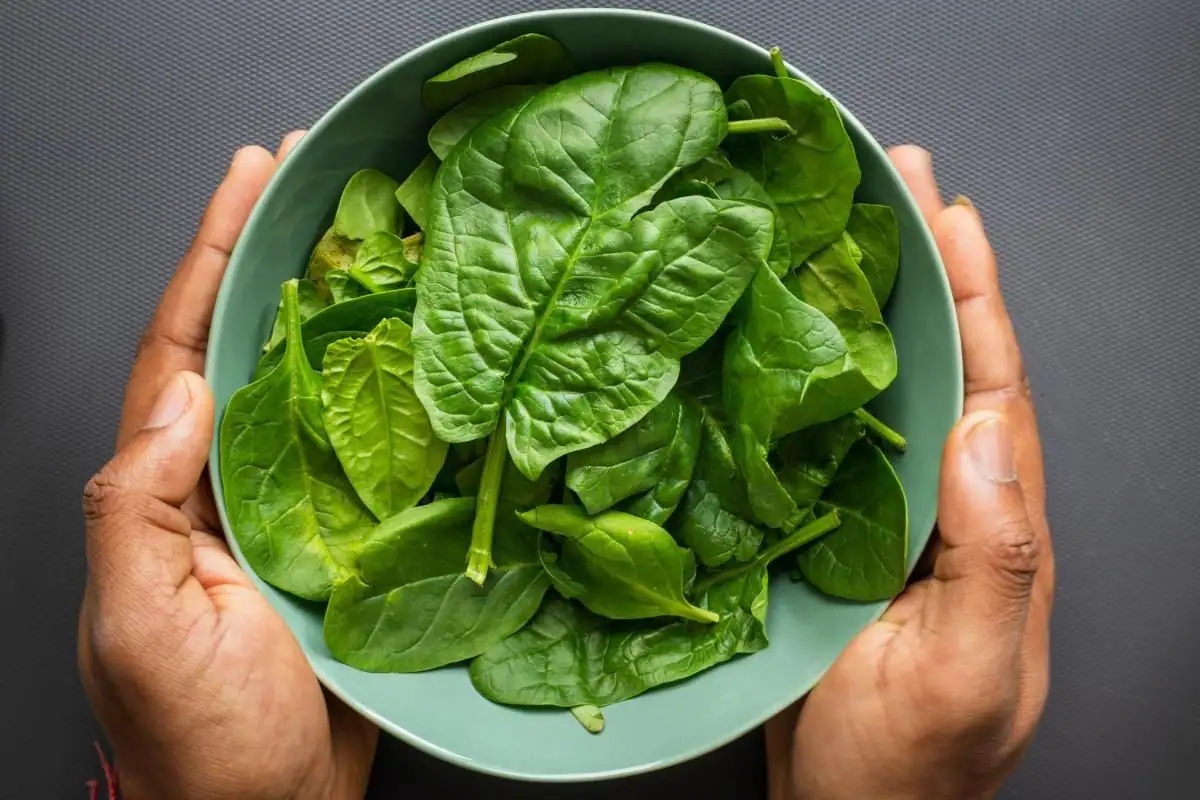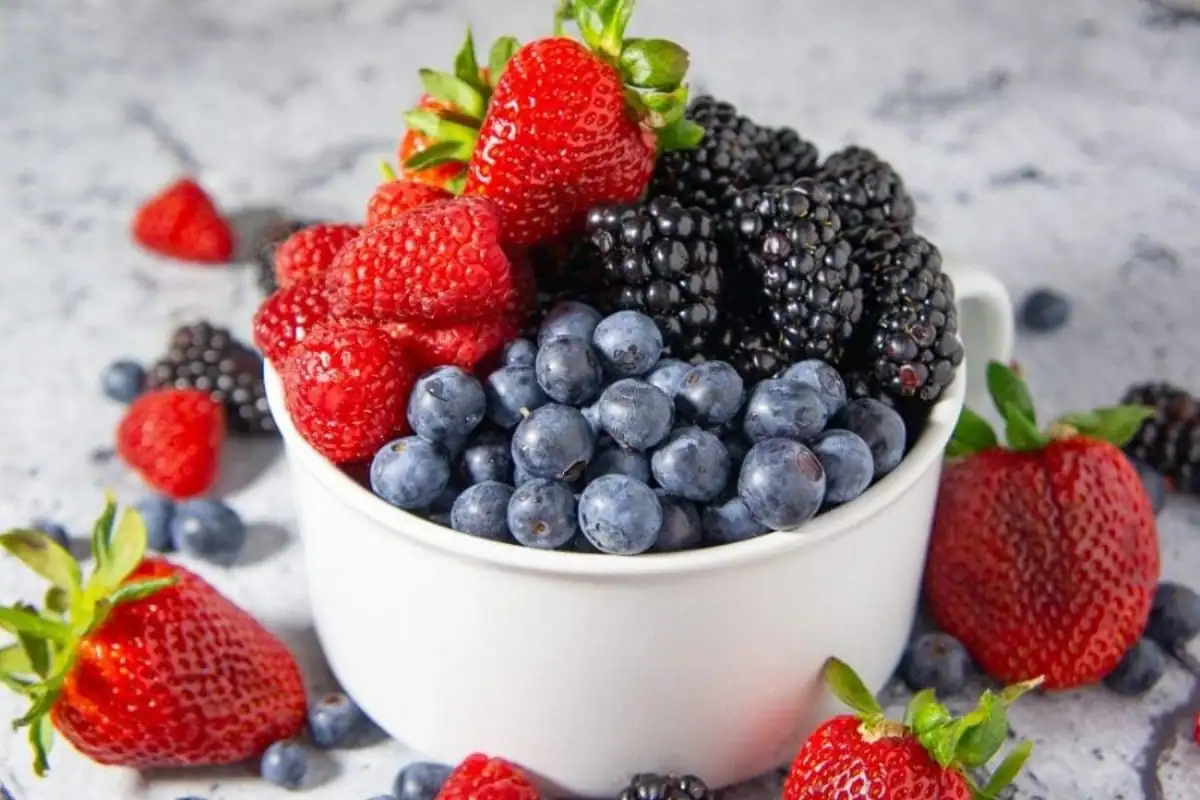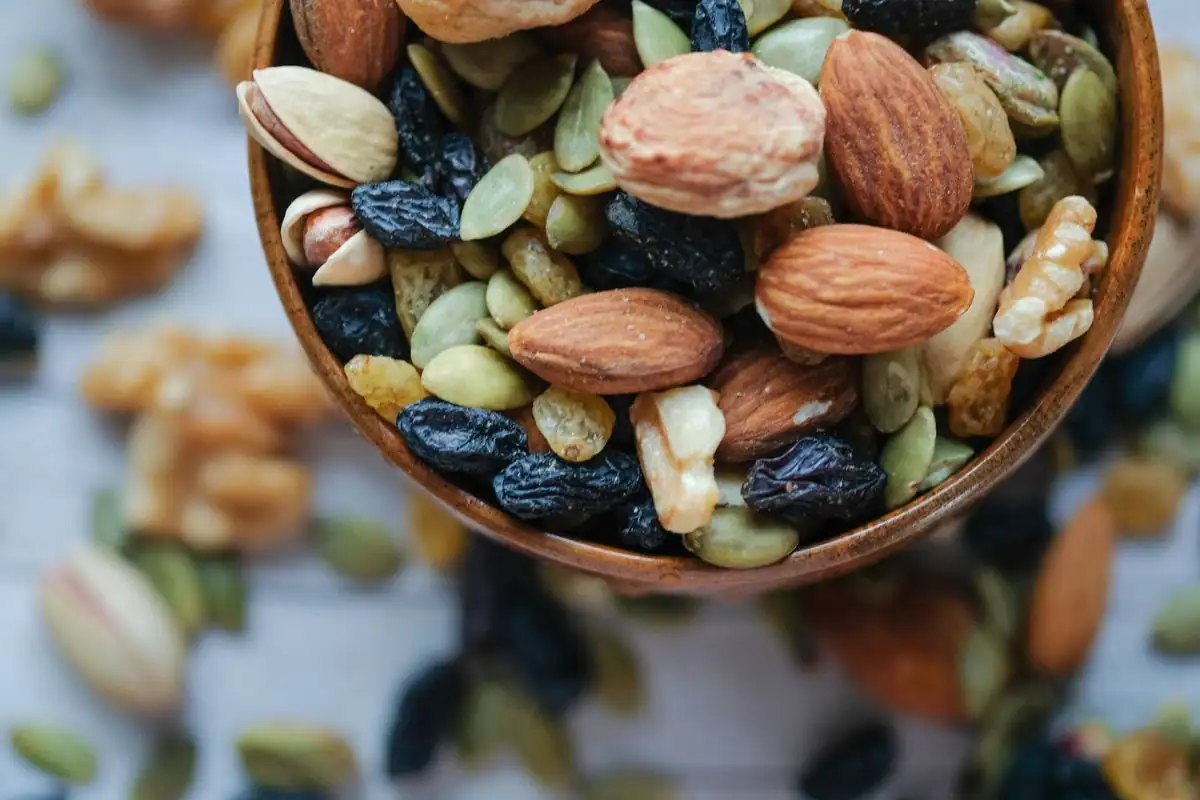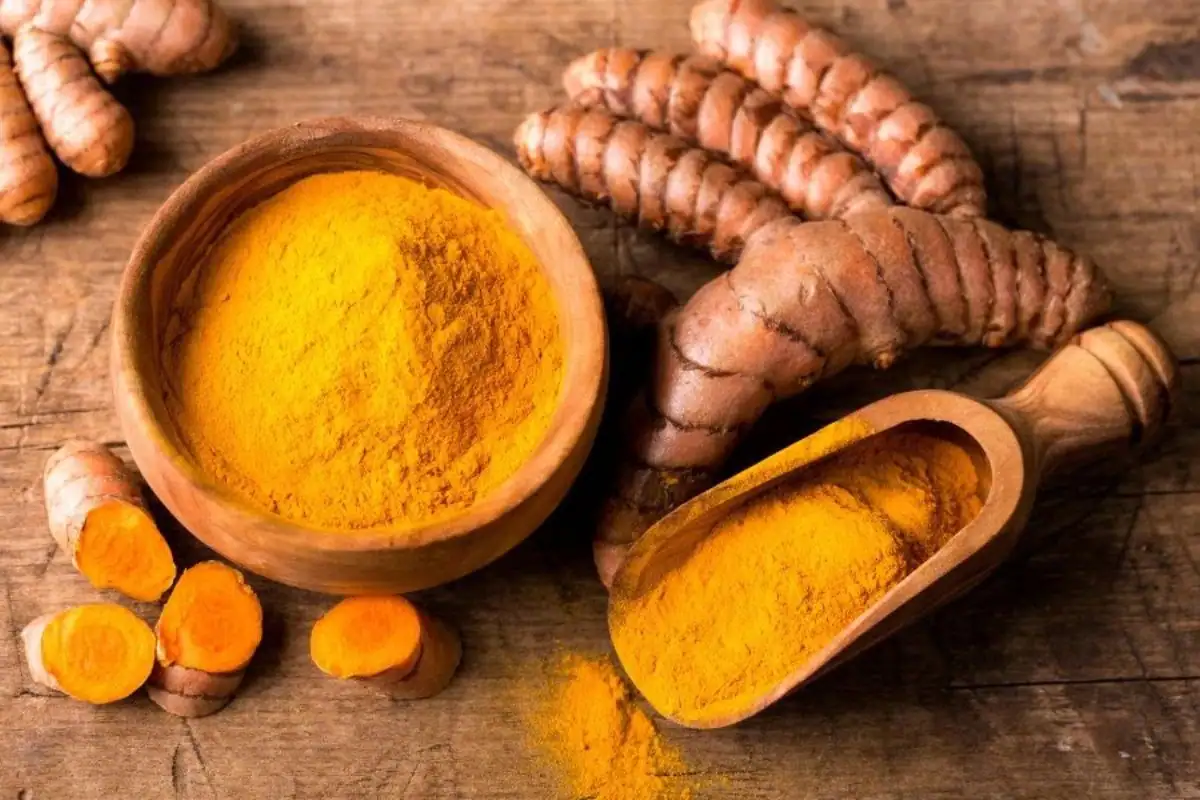Advertisement
Top Foods That May Help Ward Off Alzheimer’s Disease
Updated: Nov 7, 2024
Advertisement
In 2015, researchers at Rush University Medical Center introduced the MIND diet (Mediterranean-DASH Intervention for Neurodegenerative Delay), aiming to reduce the risk of Alzheimer's and other neurodegenerative diseases. The study showed promising results, indicating that this diet might lower Alzheimer’s risk by over 50%. Even those who only loosely follow the diet could see a reduced risk of dementia-related illnesses. Here’s a look at some key foods included in the MIND diet and how they might benefit brain health.
Spinach and Other Leafy Greens
Leafy greens, including spinach, kale, collard greens, broccoli, and turnip greens, are packed with brain-boosting vitamins like A, E, and C. Consuming around six servings per week could significantly benefit mental health. These vitamins fight oxidative stress, which contributes to brain cell damage, and leafy greens also contain folate, a B vitamin linked to brain health.
Advertisement
Champagne (with Some Caveats)
In moderation, champagne may offer some cognitive benefits. Animal studies suggest that the grapes used in champagne, like pinot noir and pinot meunier, produce phenolic compounds that help with memory storage in the brain. The equivalent for humans would be one to three glasses per week. But remember, this research was conducted in animals, so it’s best to check with your doctor before adding champagne to your routine, especially if you have other health considerations.
Advertisement
Berries
Known for their high antioxidant content, berries, including acai and blueberries, are superfoods for brain health. Antioxidants in these fruits help reduce plaque buildup in the brain, a factor linked to Alzheimer's development. Some studies also suggest that antioxidant-rich blueberries can boost memory and brain function in older adults.
Advertisement
Nuts
Preliminary research suggests that nuts like almonds, cashews, hazelnuts, peanuts, pecans, and walnuts may help prevent Alzheimer’s. Nuts contain omega-3 and omega-6 fatty acids, vitamin E, folate, vitamin B6, and magnesium. Studies on walnuts and animals with Alzheimer’s-like symptoms showed improvements in memory and anxiety-related behavior.
Advertisement
Coffee and Caffeine
The debate over coffee’s health benefits continues, but studies suggest it may delay Alzheimer’s in seniors who show early signs of the disease. Caffeine can help reduce brain inflammation, slowing cognitive decline. A study even showed that a 200 mg caffeine dose improved memory test results. While more research is needed, coffee could be a part of a brain-friendly diet.
Advertisement
Dark Chocolate
The flavonoids in dark chocolate are linked to better circulation and a lower risk of heart disease, and research indicates these benefits may extend to brain health. A study from Italy showed that dark chocolate improved cognitive test scores in adults with early dementia symptoms, with noticeable improvements just two months after starting a high-flavonoid dark chocolate regimen.
Advertisement
Turmeric
A favorite in natural health circles, turmeric has shown potential benefits for brain health. Research from UCLA found that combining turmeric with vitamin D3 might reduce brain plaque associated with Alzheimer's. Although this research was conducted in a lab, turmeric is still a flavorful way to spice up meals while possibly supporting brain health.
Advertisement
Fatty Fish
Fatty fish such as salmon, mackerel, and sardines contain high levels of omega-3 fatty acids, known to be essential for brain health. Regularly consuming around eight ounces of these fish each week may support cognitive function and help prevent Alzheimer’s. Omega-3s play a vital role in maintaining brain health, so it’s no surprise they’re included in the MIND diet.
Advertisement
Cinnamon
Numerous animal studies highlight cinnamon’s potential to improve memory and cognitive function. Cinnamon may even help reduce protein buildup in the brain associated with Alzheimer’s. Its anti-inflammatory properties can provide additional benefits, making it a flavorful option for brain health.
Advertisement
Other Vegetables
Eating a variety of vegetables, a staple of the MIND diet, is linked to better brain health. Flavonoids, natural compounds in fruits and vegetables, are particularly beneficial. Vegetables rich in flavonols include onions, kale, romaine lettuce, cabbage, and tomatoes, all known to support brain health.
Advertisement
Olive Oil
Extra-virgin olive oil, a core element of the Mediterranean diet, offers anti-inflammatory and antioxidant benefits that extend beyond heart health. High in monounsaturated fats, olive oil can help reduce brain inflammation and oxidative stress, both of which are linked to Alzheimer’s. Adding olive oil to salads or using it in cooking is a simple way to incorporate this brain-friendly oil into your diet.
Advertisement
Whole Grains
Whole grains like oats, quinoa, and brown rice provide a steady source of glucose, the brain’s primary energy source. Low-glycemic whole grains help maintain stable blood sugar levels, which is essential for cognitive function. They’re also rich in B vitamins that support brain health and could reduce Alzheimer’s risk. Including whole grains in meals is a straightforward way to support mental wellness.
Advertisement
Herbs and Spices
Cinnamon and sage are not just tasty—they come with brain benefits. Cinnamon may enhance memory and cognitive processing and lower Alzheimer’s risk by reducing inflammation, improving insulin sensitivity, and inhibiting tau protein buildup in the brain. Sage has also been linked to better memory recall and attention, making these spices a simple addition for boosting cognitive health.
Advertisement
Scroll downfor the Next Article
.png)




